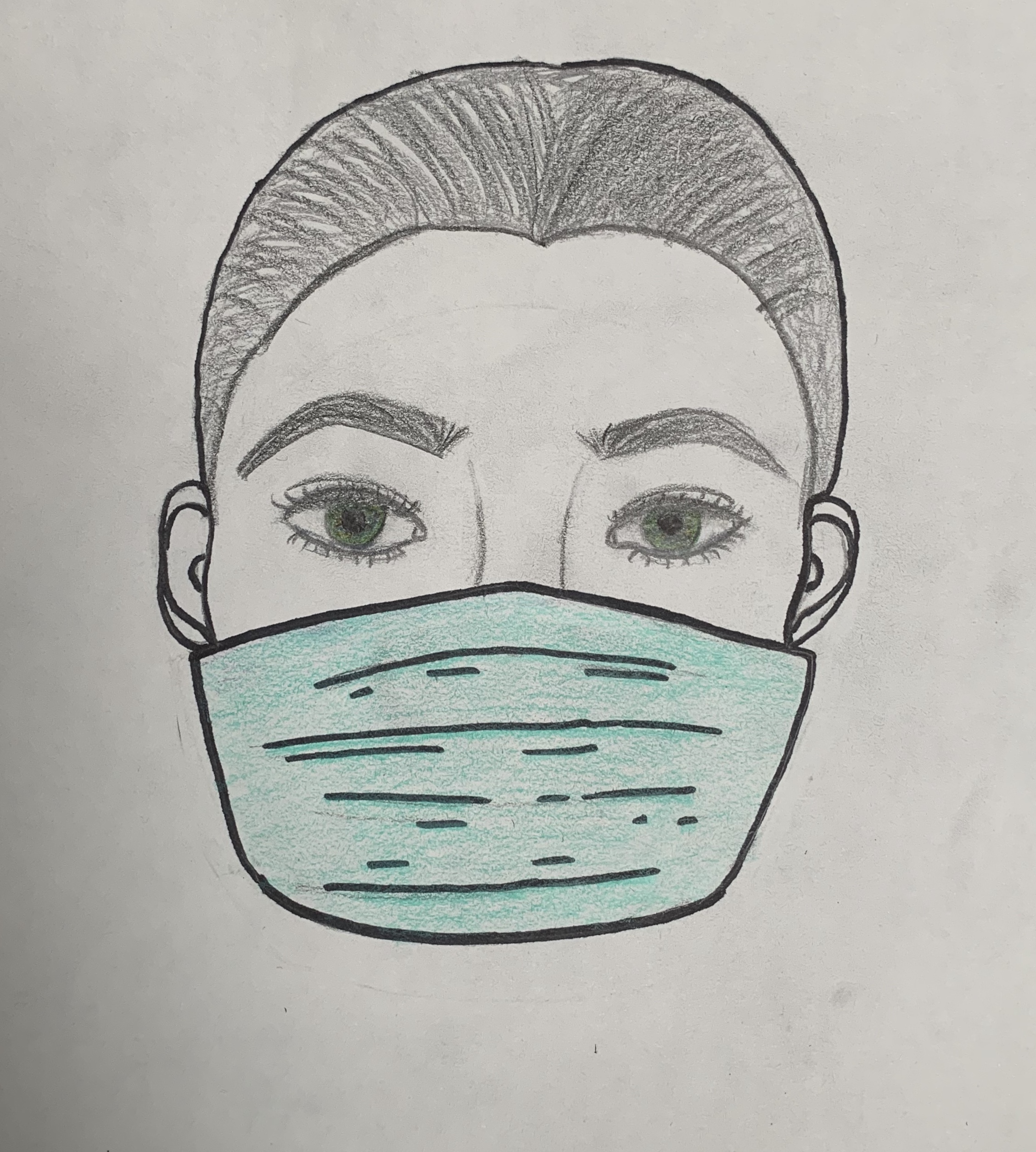
By Minqi Kong
Staff writer
When Haina Chen needs to take the subway to go to school, people often put their hands over their mouths and noses when they see her or choose to leave after she sits in a nearby seat. Chen a Chinese international student who studies in Spain, said she had seen discrimination increase in recent months since the first cases of COVID-19 appeared in Wuhan, China. That was before Spain’s cases spiked and the country went into a lockdown. “A serious incident occurred when I was walking down the street with my roommate (also Chinese), and two people who did not sound like native speakers shouted ‘coronavirus’ directly at me and my roommate.” Haina Chen also said that she once took the subway alone. The man on Haina Chen’s right covered his nose and mouth when he saw her. Haina Chen did not respond to him, and then the man and the person sitting on the left of Haina Chen began to talk about her in a language that Haina Chen could not understand. Haina Chen said that she could clearly hear ‘coronavirus’ several times, and their laughter was very obvious. Later, as they were about to get off the bus, they got up and sang “coronavirus” to a melody.
So far, the total number of COVID-19 cases in China are about 82,000 according to the Johns Hopkins Coronavirus Map. As the outbreak was contained in China, outbreaks began in other countries, such as Italy, South Korea, the United States, Japan and the United Kingdom. In Spain, the cases are now above 135,000. Many Chinese students studying abroad suffer discrimination. In the United States, the president read from a press briefing where the word “COVID-19” was crossed out and the words “Chinese virus” had been written in.
“This is due to cultural differences, some people’s ignorance and misreporting of information in the media,” said Yuxin Yang. “I think you have to fight back if you are discriminated against.” Yuxin Yang, who studies in Syracuse University, said she has not experienced discrimination but she read a lot from media which said that Chinese international students experienced discrimination in the U.S and other Western countries.
Yifan Yu, who studies in University of Minnesota Twin Cities, said when she took a taxi, the driver wouldn’t let her in until she took off the mask she was wearing.
“When I saw the act of covering my nose and mouth I started to feel a little bit shocked, and I was thinking discrimination in this age is not okay,” said Haina Chen. “However, after seeing more, I got used to it. I would be very sad and angry, and even if I didn’t want to go out and see the crowd, I didn’t think to fight back. After all, I was in a foreign country and I was not familiar with people. I’m afraid of what I will get if I fight back.”
“When Westerners see an Asian face, they think that this person is Chinese and has the virus, so they want to flee far away,” said Haina Chen. But Westerners have long discriminated against Chinese people, particularly as China is developing and becoming stronger because the outbreak began in Wuhan, China, Haina Chen said, adding that Westerners seized the opportunity to discriminate against the Chinese.
International students need to learn to protect themselves, try not to go out alone and to pay attention to the environment, Yifan Yu said. For example, in a place like a school, the likelihood that someone will attack you for wearing a mask is very low, because everyone is highly educated, Yifan Yu said. Don’t argue with others until you have to.
Many Chinese international students want to return to China once the semester finishes. The Chinese government is requiring them to submit a daily health report for the 14 days before their flight to make sure that when they arrive they can be taken care of if they are ill.

